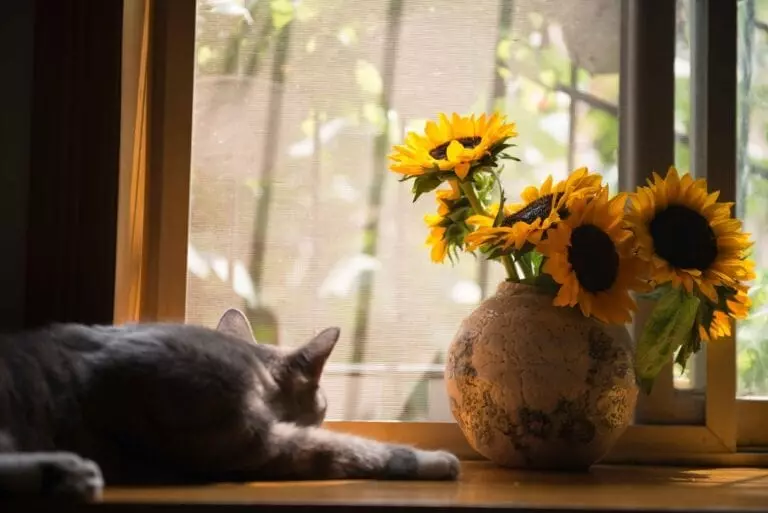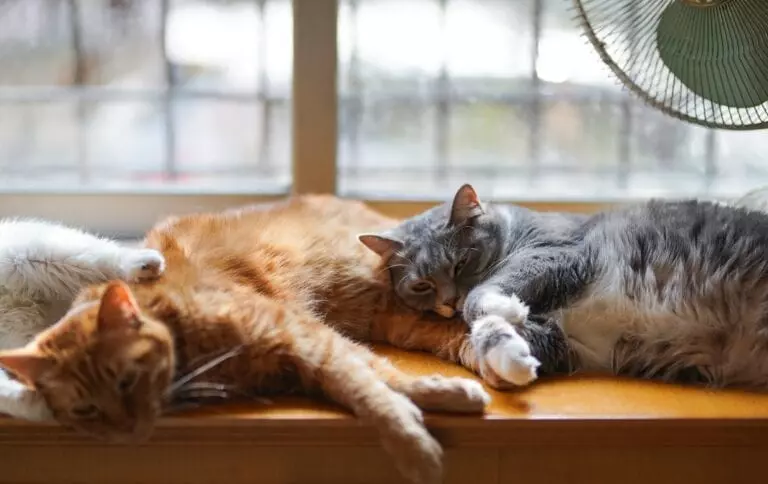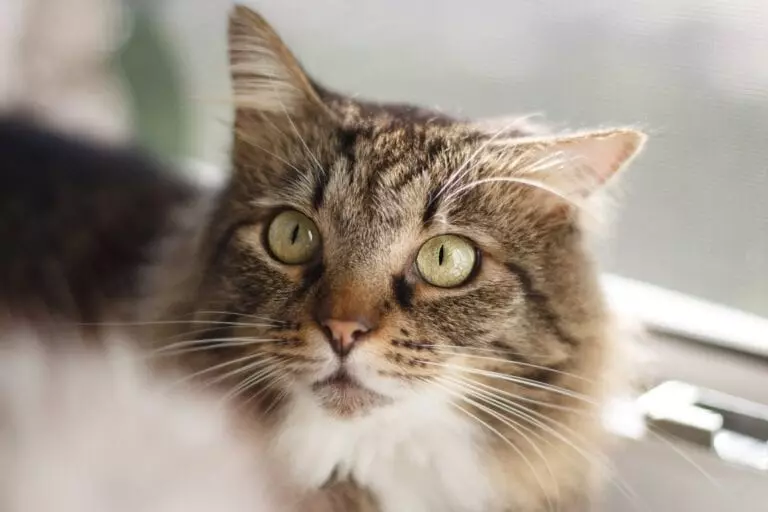Living with cats, I don’t believe cats have feelings. They can show affection, be grumpy, and even jealous. We know that cats experience as many emotions as we do, and these emotions are often influenced by the environment they are in. So why doesn’t a cat feel sad when someone in the family dies? Grief is one of the strongest emotions. It can be all-consuming, but it can also be difficult to understand. While we’ll never know exactly what’s going on inside a cat’s head, researchers and cat behaviorists agree that cats are indeed capable of feeling sadness.

Is there proof?
Emotions are far beyond scientific understanding, so we can’t say with certainty whether either humans or cats experience true sadness. As for cats, there will always be skeptics who say that cats are not as mentally capable as humans and cannot feel emotions. Some of these skeptics say that cats don’t experience true grief, but rather react negatively to something more specific (like a change in lifestyle).
For example, if a companion pet dies, they may show signs of unease, not because they are grieving for their friend, but because they feel a sudden lack of interaction or playtime. They may also show a negative reaction when a caring human passes away, as the home becomes stressed and certain aspects of their daily schedule are missing.
It is unclear whether cats understand the timelessness of death in the same way that humans do. However, evidence that cats not only have the ability to recognize loss, but also experience it as a strong emotion, is hard to dispute.

A study by the American Society for the Protection of Cruelty to Animals (ASPCA) investigated the behavioral patterns of cats after a major change in the home. The study found that 46 percent of cats lost their appetite after the death of a companion, and 70 percent of cats changed their vocal patterns, becoming unusually quiet or unusually loud. Many cats also changed their sleeping patterns and suddenly became closer or more attached to certain family members.
Overall, 65% of cats show at least four or more behavioral changes.
Signs of Sadness in Cats
As with humans, different cats feel grief differently. This depends on their relationship with the deceased, the cat’s unique personality, and how they cope with major changes. Cats also express grief in a similar way to humans. They don’t cry when they are grieving, but they will change their behavior depending on their emotions.
Cats typically exhibit the following behaviors after experiencing a bereavement
- Loss of appetite.
- Lack of energy, listlessness or lethargy
- Sleeping more than usual
- Self-isolation (hiding)
- Excessive meowing
A cat’s grief can last a few days or months; in the ASPCA study, all cats returned to normal behavior within six months.

What You Can Do
If your cat is grieving the loss of a loved one, chances are you are too. You can understand how your cat is feeling and comfort each other during this difficult time. If your cat’s behavior changes, you can be a trusted companion to your cat and help him or her through the emotional difficulties.
You can help both you and your cat by spending more time with your cat. Sit down and cuddle your cat or play your cat’s favorite game. Give them toys, food and entertainment to help them cope with their loss. You can also talk to your cat. Cats don’t talk back, but hearing your voice can be comforting and reassuring. Let them know that you are there for them even when your friend is gone. This is therapeutic for you because you can express your true feelings without being judged.
If your cat’s behavior doesn’t seem to improve, consult your veterinarian. Something else may be causing the problem.
Amber King.

